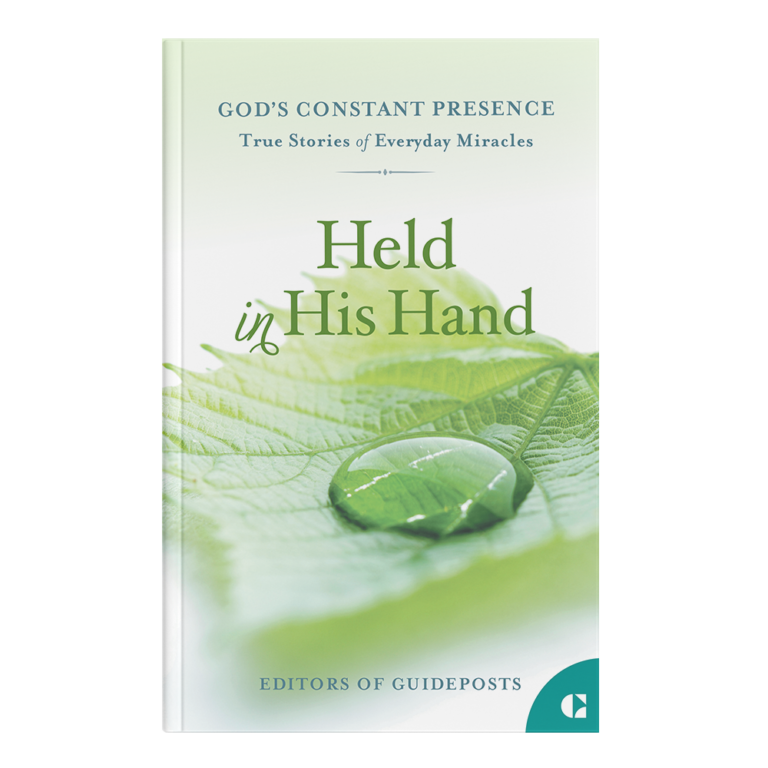What’s the shortest verse in the Bible? “Jesus wept” (John 11:35). Just two words. It can be a little longer in other translations: “Jesus began to weep” (NRSV) or “Jesus began to cry” (CEB). But the verse stands alone.
For good reason. Those two words say a lot about our Savior.
Jesus was fully human. Weeping is a way we share our humanity. We show our compassion and mercy.
Jesus had received word that Lazarus, the brother of Martha and Mary was ill. Obviously, they wanted Him to come to their brother’s bedside in Bethany. Jesus waits before going. By the time He gets there, Lazarus had been dead four days. He is too late.
The sisters’ and others’ mourning moves him to tears. “He wept.” He could feel what they felt. He was fully human.
Jesus was fully divine. Both Martha and Mary were sure that if Jesus had gotten there sooner Lazarus would not have died. They believed in Jesus’ healing powers, that He was God’s son. This could be another reason for the Lord’s tears. He is touched by their faith.
Right from the beginning Jesus sees the whole picture. He has the divine foresight to know what the outcome will be, saying, “This illness does not lead to death, rather it is for God’s glory” (11:4).
Like God, Jesus knows past, present and future.
Jesus wants us to believe. Even in a tragic moment like this—the presumed death of Lazarus—Jesus looks for a lesson to share. He says that Lazarus is asleep. The disciples think Jesus means Lazarus will wake up. No, no, He tells them plainly.
“Lazarus is dead,” Jesus says. “For your sake I am glad I was not there, so that you may believe” (11:14-15).
When He greets Martha, Jesus offers a magnificent summary of His ministry. “I am the resurrection and the life. Those who believe in me, even though, they die, will live, and everyone who lives and believes in me will never die” (11:25-26). And she believes.
When He confronts Mary and the others, He is deeply moved. “Jesus wept.”
Jesus performs miracles. Finally, Jesus goes to the tomb and commands them to roll away the stone. The ever-practical Martha points out that the smell will be terrible. The body, after all, has been there for four days.
“Did I not tell you that if you believed, you would see the glory of God?” Jesus responds. He is about to perform a miracle, but miracles are two-sided. You have to believe in them to see them.
The coming to life again, the tomb with the stone; it offers a foreshadowing of the empty tomb of Easter. Another reason for Jesus’ tears.
“Lazarus, come out!” (11:43) He says in a loud voice, and sure enough, Lazarus comes out, his feet, hands and face wrapped in cloth. “Unbind him, and let him go,” Jesus says (11:44).
Jesus defies our expectations. Then, now and forever.






